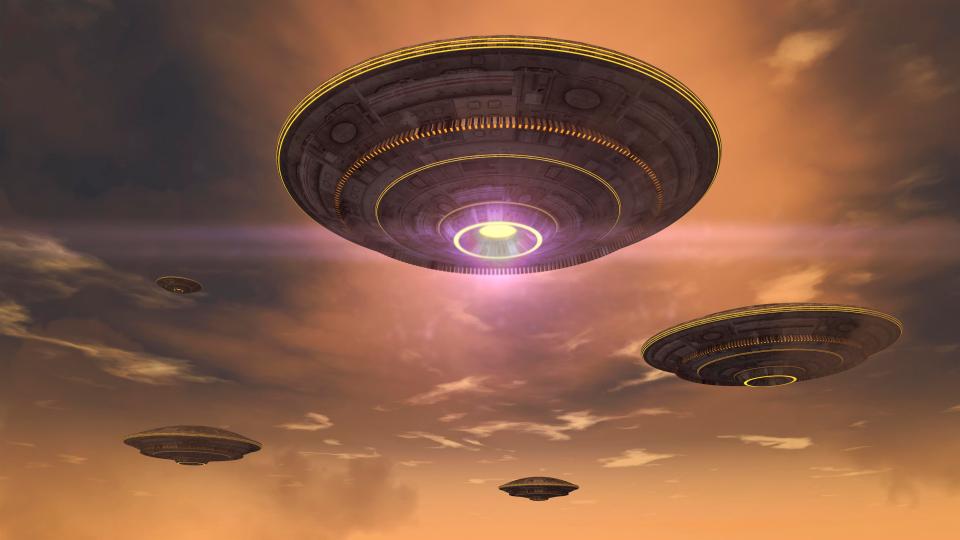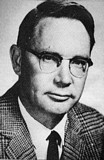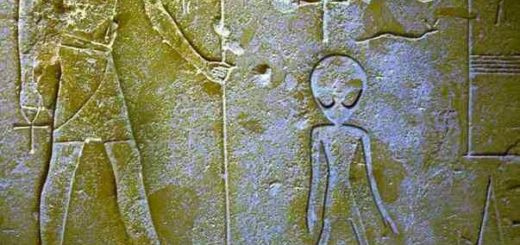UFOs and The United Nations

McDonald’s ideas reached even the United Nations, where Secretary-General U Thant was particularly, but unofficially, very interested in UFOs.
 The following is an excerpt from McDonald’s statement on the international scientific aspects of the problem of UFOs, submitted to the Outer Space Affairs Group at the United Nations on June 7, 1967.
The following is an excerpt from McDonald’s statement on the international scientific aspects of the problem of UFOs, submitted to the Outer Space Affairs Group at the United Nations on June 7, 1967.
This is followed by portions of his letter to U Thant, and of other letters explaining U Thant’s later actions on the matter.
Statement on International Scientific Aspects of the Problem of the Unidentified Flying Objects
submitted on June 7, 1967
to the Outer Space Affairs Group
United Nations Organization
Regardless of what ultimate explanation is found for the UFO phenomena, the present scientific neglect and ridicule must be replaced by scientific concern and intensive study. My recommendation to the Outer Space Affairs Group is that it seek all possible means of securing worldwide attention to this problem. The first need is for erasing the ridicule that is quite clearly suppressing open reporting of sightings of unconventional objects in the air and on the ground. …
Secondly, the existence of an already-available sensing system in the form of radar facilities must be recognized as exceedingly fortunate. At present, most radar sightings of UFOs are not getting into scientific hands, largely because most radar equipment is operated by military groups who, in almost all countries of the world, tend to ignore inexplicable high-speed radar target reports or else to withhold them from scientific attention.
A wide range of electromagnetic disturbances accompanying close passage or hovering of the UFOs is now on record throughout the world — despite this record not yet being admitted into what one would ordinarily call the “scientific record”.
Disturbance of internal-combustion engines coincident with close passage of disc-like or cylindrical unconventional objects is on record in at least several hundred instances. Often the disturbances are accompanied by broad-spectrum electromagnetic noise picked up on radio devices. In many instances compasses, both on ships and in aircraft, have been disturbed. Magnetometers and even watches have been affected.
All these reports point to some kind of electromagnetic noise or electromagnetic side-effects that offer promise for design of new sensing devices, which will only be developed when competent engineers and physicists take seriously the rapidly growing body of reports of close-range, low-altitude sightings.
There is curious evidence, still too inadequately studied to warrant any firm conclusions, that unconventional objects apparently rather similar in nature to those that have been reported in our global airspace in the past two decades have been seen prior to the 1947 epoch of marked rise in sightings. …
The UFO phenomenon may be at least a half-century old, if not longer. …
The frequency of sightings increased by perhaps two or three orders of magnitude in 1946-47 – for reasons we do not now understand in the slightest degree.
Letter to Secretary-General U Thant
dated June 5, 1967
Dear Sir:
I wish to thank you again for making it possible for me to meet with the U.N. Outer Space Affairs Group. … I wish to offer whatever personal assistance or counsel you or your colleagues might be able to draw from my own personal experience in studying the problem.The U.N. has both responsibilities and obligations to accelerate serious scientific study of the UFO problem throughout the world. It appears conceivable that something in the nature of a global surveillance by UFOs has been underway in recent years.
If this view is correct, then our present ignorance of the purpose and plan of such surveillance must be speedily replaced by maximal understanding of what is going on.
Letter to Richard Barnet, Institute for Political Studies
Washington, D.C., dated April 27, 1968
Dear Sir:
… In June of last year, action on information indicating that U Thant was keenly interested in the UFO problem, I requested and received an opportunity to speak to the U.N. Outer Space Affairs Group.Unfortunately, what did look like an auspicious beginning was scotched when Drew Pearson (almost certainly without ill intent) cited my appearance there, quoted U Thant as feeling UFOs stood second in international scientific importance only to Vietnam, and thereby left open the impression that U Thant was more interested in UFOs than in the then boiling Arab-Israeli crisis.
So U Thant issued an overstrong denial, and that temporarily closed off the channel.
Letter to Richard Hall
dated February 10, 1971
… I was talking to Tom Malone, and he mentioned having had fifteen minutes with U Thant last week, along with some visiting Russian astronomers. Tom laughed at the fact that, as soon as the conversation opened, U Thant turned to Ambarzumian, a world-noted Armenian astronomer, and, as his first question, asked the Russian what he really thought about the UFO problem.Ambarzumian made short shrift of that topic, Tom indicated, but U Thant was not that easily put off and came through with a fairly clear conviction that there has got to be something to the problem. However, as I have long suspected, he rested much of his conviction on Buddhist faith and lore* rather than on investigatory material.
Nevertheless, it shows that U Thant is still a member of the silent majority.
*[handwritten addition] Presumably I must concede the possibility that such lore is based on ancient UFO sightings, but I’m disinclined to such concessions.



 Creators of mankind
Creators of mankind Description of “Tall white aliens”
Description of “Tall white aliens” Where they came from?
Where they came from? About hostile civilizations
About hostile civilizations The war for the Earth
The war for the Earth “Tall white aliens” about eternal life
“Tall white aliens” about eternal life Video: “Nordic aliens”
Video: “Nordic aliens” Aliens
Aliens Alien encounters
Alien encounters The aliens base
The aliens base UFO
UFO Technology UFO
Technology UFO Underground civilization
Underground civilization Ancient alien artifacts
Ancient alien artifacts Military and UFO
Military and UFO Mysteries and hypotheses
Mysteries and hypotheses Scientific facts
Scientific facts


















